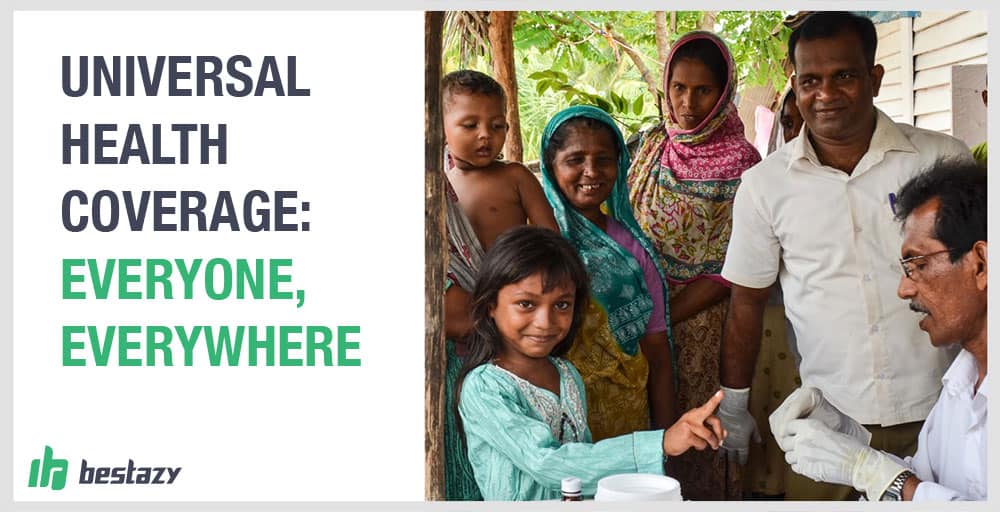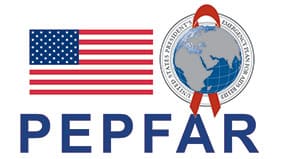Global Health Initiatives
GHIs offer the world the opportunity for powerful worldwide change and advancement within the fields of health promotion and disease prevention. As large scale financial support projects, they present huge challenges and difficulties, in part because of the diversity of the organizations and the geographical regions involved, the desperate and changing needs across the world, and the complex task of administering such variables and so much more.
Many GHIs aim to financially resource international health projects, predominantly impacting poorer and developing countries. They are aimed at a specific target, examples of which include, reducing the impact of HIV/AIDS, TB, malaria, global extreme poverty and hunger, and maternal and infant mortality.
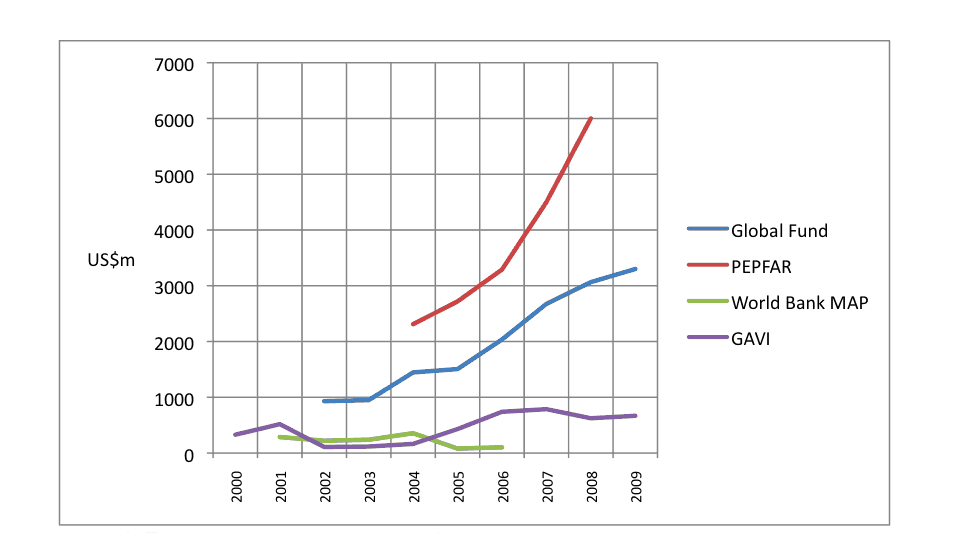
Donor commitments to GHI funds.
Big organizations are at work, setting ambitious targets and goals, and developing strategies, including The World Health Organization (WHO), UNICEF, The Global Fund, the United Nations (UN) and PEPFAR (The American President’s Emergency Plan for AIDS Relief).
- In 2000 the United Nations developed 8 Millennium Development Goals (MDGs) to achieve by 2015. The eight MDGs can be seen in detail on this WHO website page. GHIs usually target one MDG specifically.
- UNICEF and WHO came together to develop a post-2015 agenda, the Global Thematic Consultation on Health, focused on transforming the world and tackling multiple areas including the environment, health, poverty and education, on the international arena right down to grassroot levels. Many countries agreed these 17 goals. The health-related goals can be accessed here ‘Goal 3: Ensure healthy lives and promote well-being for all at all ages’.
- The goal of Universal Health Coverage (UHC 2030) was agreed by all the member states of the United Nations (UN) with the creation of Sustainable Development Goals (SDGs) in 2015. Global health promotion and the development of ‘a safer, fairer and healthier world by 2030’ was the ambitious aim.
Although all these goals are admirable and exciting, with impressive results, these results are often not optimal. Research, reviews and objective analysis into the effectiveness of the GHIs has at times been slow to non-existent. This appears to have been in part resolved, following the recognition of the issues and the remedial actions taken*.
Also of concern is that initially many programs have been slow to meet the needs effectively, in part because of cultural differences and a lack of understanding of how things are done locally. As the projects mature, the lessons learned tend to pave the way for more rapid advances and successful implementations. This is discussed in depth in the paper entitled The effects of global health initiatives on country health systems: a review of the evidence from HIV/AIDS control (Biesma et al, 2009).
See also the World Health Organization’s Report on the expert consultation on positive synergies between health systems and Global Health Initiatives, Geneva, 2008
One final issue to note is that some GHIs (for example, those seeking the eradication of malaria) benefit from increased exposure politically and in the media, and therefore garner greater support; while others (for example, maternal health) do not have this advantage. The reasons surrounding this are again complex and multifactorial. The paper published in The Lancet entitled ‘Generation of political priority for global health initiatives: a framework and case study of maternal mortality’ (Shiffman, J. and Smith, S., 2007) discussed this concern in depth.
What follows is a list of Global Health Initiatives and partners/collaborators.

GAVI, The Vaccine Alliance
Created in 2000 in response to the recorded leveling off of worldwide immunization rates, this international organization seeks to ensure accessibility to life saving vaccination programs across the world in developing and poorer countries and communities. GAVI also supports other health promotion measures alongside the vaccination programs and the development of health care systems, together with measures to ensure the future self sustainability of these developments.
GAVI is of interest to anyone interested in global vaccination programs, health promotion and disease prevention across the world, particularly in developing and poorer regions and global poverty, including government workers, students, and potential investors.
The Global Fund
https://www.theglobalfund.org/en/overview/
https://www.theglobalfund.org/en/malaria/
https://www.theglobalfund.org/en/tuberculosis/
https://www.theglobalfund.org/en/hivaids/
The Global Fund, created in 2002, is an international organization providing financial support and investment to countries tackling three specific diseases – HIV/AIDS, malaria and tuberculosis (TB). It annually raises US$4Billion which it invests in programs and health systems run locally in regions affected by these three killer diseases, each preventable and treatable. 82% of all investment for TB comes from The Global Fund, while it also provides 50% of the investment for malaria, and 21% of total AIDS investment.
This site has a wealth of information which is of interest to anyone involved in health promotion and disease prevention in relation to malaria, TB and AIDS, those searching for funding for relevant projects, and also students and investors.
PEPFAR
The American President’s Emergency Plan for AIDS Relief was created originally in 2003 by President Bush. PEPFAR is committed to providing financial investment (over US$70billion to date) to regions of the world most affected by AIDS with ambitious targets for reducing new infection rates and raising effective treatment rates. Public-private partnerships (PPP) are one vehicle through which the plan operates, giving private sector projects and programs the opportunity to collaborate with the US government to meet these goals.
There is a wealth of information on this site which will be of interest to anyone concerned with HIV/AIDS and projects aimed at reducing its impact globally.
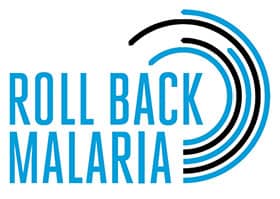
Roll Back Malaria
Roll Back Malaria (RBM) is an international organization originally created in 1998 by the WHO, The World Bank, UNICEF and the UNDP (United Nations Development Programme). RBM is supported by over 500 organizations which partner with it to support financially, technically, with innovation, through advocacy, and in many other ways, the goal of totally eradicating malaria from the world.
They seek to keep international focus on the devastating problem of malaria, thereby maintaining the efforts of the international community to this aim.
RBM will be of interest to anyone involved with, or concerned about, malaria, health promotion and malaria prevention, including health workers, students, and investors.
 Stop Tuberculosis (TB)
Stop Tuberculosis (TB)
The Stop TB partnership was created in 2001 following concern about the tuberculosis epidemic. This international organization now has approximately 1500 partners (ranging from government departments, NGOs, researchers to community groups) across the world bringing together innovators committed to the eradication of TB, which currently kills 3 people every minute worldwide. Stop TB is in partnership with The Global Fund, which is their largest external financial contributor.
Their focus includes research, treatment and drug development, vaccines and HIV-associated TB issues, and much more. Their goal is to make available diagnosis and treatment to every person vulnerable to TB, and to see a world without TB within the lifetime of our children.
Anyone can get involved with Stop TB, supporting them financially and through partnership, from the individual to organizations.
This site provides a wealth of information regarding TB and the work to eradicate it, which is accessible for everyone interested in the work.
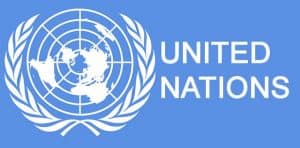 The United Nations
The United Nations
http://www.un.org/millenniumgoals/
http://www.un.org/sustainabledevelopment/
The United Nations, created in 1943, is an international organization which currently has 193 Member States. Its powerful charter provides it with the power to act in the interest of the world as a whole on a wide range of issues including, but not limited to, security, terrorism, climate change, poverty, health, humanitarian concerns, human rights, and food production. It promotes international governmental communication, negotiation, and offers hope for international agreement in a complex and diverse world.
In 2000 the UN agreed the 8 Millennium Development Goals (MDGs), a vision for the world to aim towards by 2015. For the post-2015 era they have more recently agreed the Global Thematic Consultation on Health, with a vision for the year 2030. These goals provide a backbone, structure and focus for GHIs, and other large scale global operations.
These websites provide clarity for understanding global policies, priorities and will be of interest to anyone concerned with global politics, policy making, health, poverty, climate change, human rights, and much more on the international arena.
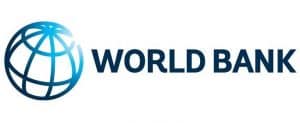 The World Bank
The World Bank
The World Bank states that its mission is to ‘end extreme poverty within a generation and boost shared prosperity’. The World Bank is not a conventional bank, but is an organization committed to helping developing countries reduce poverty through multiple financial services, technical help, training and advice. Services are broad, including low interest loans and credit to developing countries, and much more.
They also provide free online education through their Online Learning Campus which serves 250,000 learners in 190 countries, and includes education on many topics ranging from agriculture, finance, ICT, macroeconomics and fiscal management.
The World Bank will be of interest to a wide variety of people involved in national and international financial planning, management and government, as well as individuals worldwide, including students and investors.
 World Health Organization
World Health Organization
http://www.wpro.who.int/entity/country_focus/global_health_initiatives/en/
The international World Health Organization was created in 1948 and seeks to shape a healthier and better future for the people of the world. Working with governments and other major organizations across over 150 countries they help plan, coordinate and strategize for improved worldwide health within the United Nations’ systems, striving to fight infectious diseases like TB and HIV/AIDS, as well as non-communicable diseases like cancer, and much more, comprehensively sweeping across the whole sphere of 21st century health.
The WHO collaborates with GHIs, including the Global Fund and UNICEF.
A wide library of health resources and information is available on their website, and the WHO offers much to everyone interested in health and global health, including health promotion and disease prevention, from governmental agencies to individuals, researchers and students.
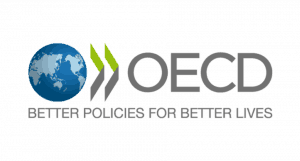 * Paris Declaration and Accra Agenda for Action
* Paris Declaration and Accra Agenda for Action
http://www.oecd.org/dac/effectiveness/parisdeclarationandaccraagendaforaction.htm
In 2005 the Second High Level Forum on Aid Effectiveness accepted that aid was not always as effectively utilized as it could be, and consequently results were often less than optimal. The Paris Declaration was developed to promote more effective and responsible use of aid.
It aims to use the experiences gained on the ground to optimize use of aid going forward, and in the development of plans for using the aid specific to particular regions.
A five pronged strategy was developed identifying the need for recipient countries to set their own strategies for reducing poverty, while simultaneously combating corruption within the infrastructure, and for them to be supported in those goals by the donor countries in more streamlined ways, with increased mutual accountability and review of the processes.
It is key to responsible stewarding of the vast sums of global aid which can achieve so much but often fall short.
This will be of interest to anyone involved or concerned with the subject of financial aid and its administration, including government departments, NGO workers, community projects, projects in receipt of funding, and students.
This article was written in the memory of Dave Scott, a long time moderator of Openhealth.com/en/healthlinks list and a tireless crusader for open source health care, who has died from complications of diabetes in July 2003. We think that his tremendous work is worth to be republished and his effort continued for an open health accessible to everyone, everywhere.
You can find the original Open Health List via archive.org
Our Latest Top10 Articles
